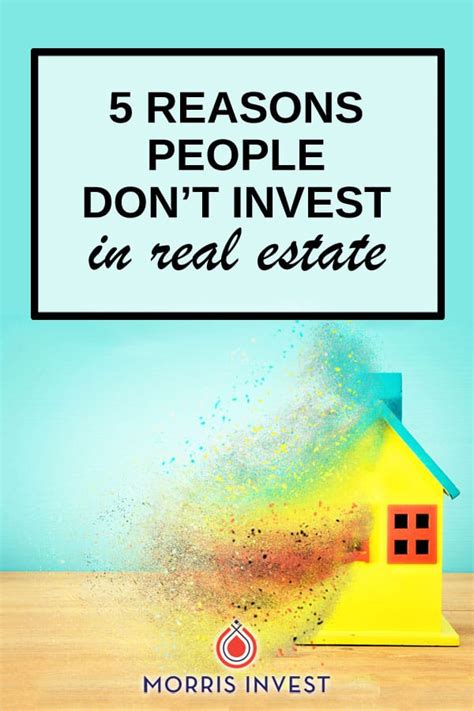As remote work becomes ubiquitous, it is reshaping not just our work culture but also our living patterns. The traditional model where proximity to one’s workplace dictates residential choice is being challenged. This shift opens up a broader question about the relevance and sustainability of city-centric real estate investments. With more people working from home, there is less need to reside near urban centers, theoretically lessening the demand for prime urban real estate. However, the reality is nuanced. Cities are not just workplaces but hubs of social activity, amenities, and convenience. While some predict a decline in urban real estate value due to remote work, others argue that the social amenities cities offer will continue to draw people in.
The redistribution of population from urban centers to suburbs or even rural areas due to remote work could have profound implications for real estate markets. If substantial numbers of workers no longer need to commute, areas previously considered undesirable due to their distance from economic hubs might see an increase in demand. This potential shift could lead to a reevaluation of property values across various regions, challenging the ingrained premiums on urban real estate.
However, the debate around real estate investment is not solely about geographic shifts. Ethical considerations play a significant role. Some argue that investing in residential real estate, particularly to become a landlord, perpetuates socioeconomic divides. This perspective views landlordism as a form of modern serfdom where property owners gain disproportionately from the basic need for shelter, deepening societal divisions between the ‘haves’ and ‘have-nots’. The moral stance against becoming a landlord is likened to avoiding investments in industries considered harmful, like tobacco or fossil fuels, suggesting a movement towards more ethically conscious investment practices.
From an economic standpoint, the critics of real estate investment often point to the unpredictability and the cyclical nature of the market. The 2008 financial crisis serves as a stark reminder of the volatility that can engulf property markets. Furthermore, the increasing intertwining of global economic dynamics means local real estate markets are not immune to international financial shifts, adding layers of complexity and risk to what many assume is a safe investment.
On the flip side, proponents of real estate investment argue for its tangible nature and the perennial need for housing. Unlike stocks or bonds, real estate is a physical asset, which some investors find reassuring. Furthermore, real estate can be an effective hedge against inflation, as property values and rental income typically rise with inflation, ensuring that the investment retains its value over time.
The discussion also extends to the impact of governmental policies on housing markets. In cities like New York and San Francisco, stringent zoning laws and height restrictions have constrained housing supply, inflating property values and rents. Some argue for deregulation to increase supply and stabilize prices, while others fear that might lead to lower construction standards and more transient communities.
Ultimately, whether one decides to invest in real estate is a complex decision involving personal financial situations, market predictions, ethical considerations, and personal risk tolerance. As remote work reshapes our lifestyles and socio-political movements influence investment ethics, the landscape of real estate investment is becoming ever more complex. For those steering clear of this market, their reasons extend beyond mere economic calculations to concerns about social impact and sustainability. The real estate market, while lucrative for many, carries with it implications that can ripple through every facet of society.


Leave a Reply